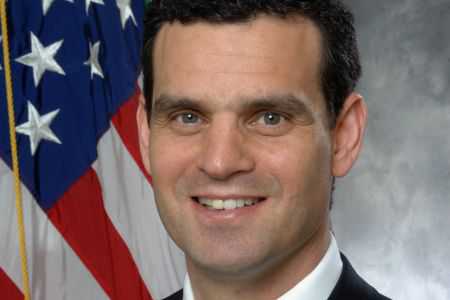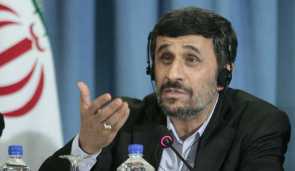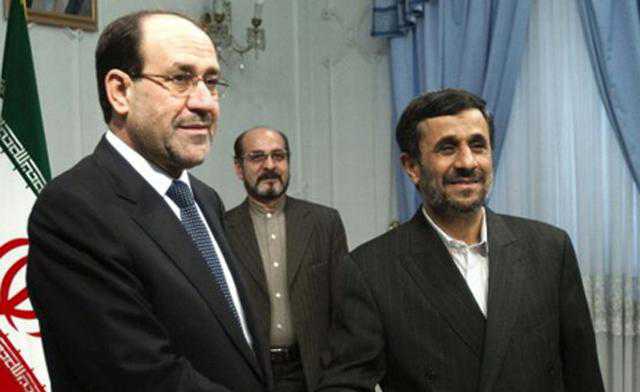
Washington is pressuring Turkey to limit its trade transactions with the Islamic Republic of Iran, a senior official in the US Treasury has said.
“I have urged the Turkish government to assist Turkish banks in protecting themselves from Iran’s attempts to abuse its existing trade and financial relations with Turkey,” US Treasury’s Acting Undersecretary for Terrorism and Financial Intelligence David Cohen said on Thursday.
Cohen recently visited Turkey to discuss implementing the US-engineered sanctions imposed against Iran and Libya.
The UN Security Council adopted a fourth round of sanctions against Tehran in June 2010, under intense pressure from the US, which claims Iran’s nuclear program may have potential military applications.
Shortly after the UN sanctions, the United States imposed fresh unilateral sanctions on Iran’s financial and energy sectors and persuaded Europe to follow suit. Washington also urged other countries to abandon investment in the Iranian market.
Iran maintains that as a member of the International Atomic Energy Agency and a signatory to the Nuclear Non-Proliferation Treaty, it has a right to peaceful nuclear energy and the technology required for electricity generation and medical research.
The US attempts to mar Tehran-Istanbul ties continue while trade volume between Iran and Turkey has reportedly increased by more than 70 percent, surpassing USD 2.1 billion in the first two months of 2011.
According to a report released by the Turkish Statistical Institute, the volume of trade between the two neighboring states hit USD 963.5 million in February, showing a 43.65 percent increase compared with the same period last year.
In mid-February, Iranian President Mahmoud Ahmadinejad underlined the Islamic Republic’s firm determination to increase the value of annual trade ties with Turkey to USD 30 billion.
MYA/MRS/AKM
via PressTV – US warns Turkey against trade with Iran.




